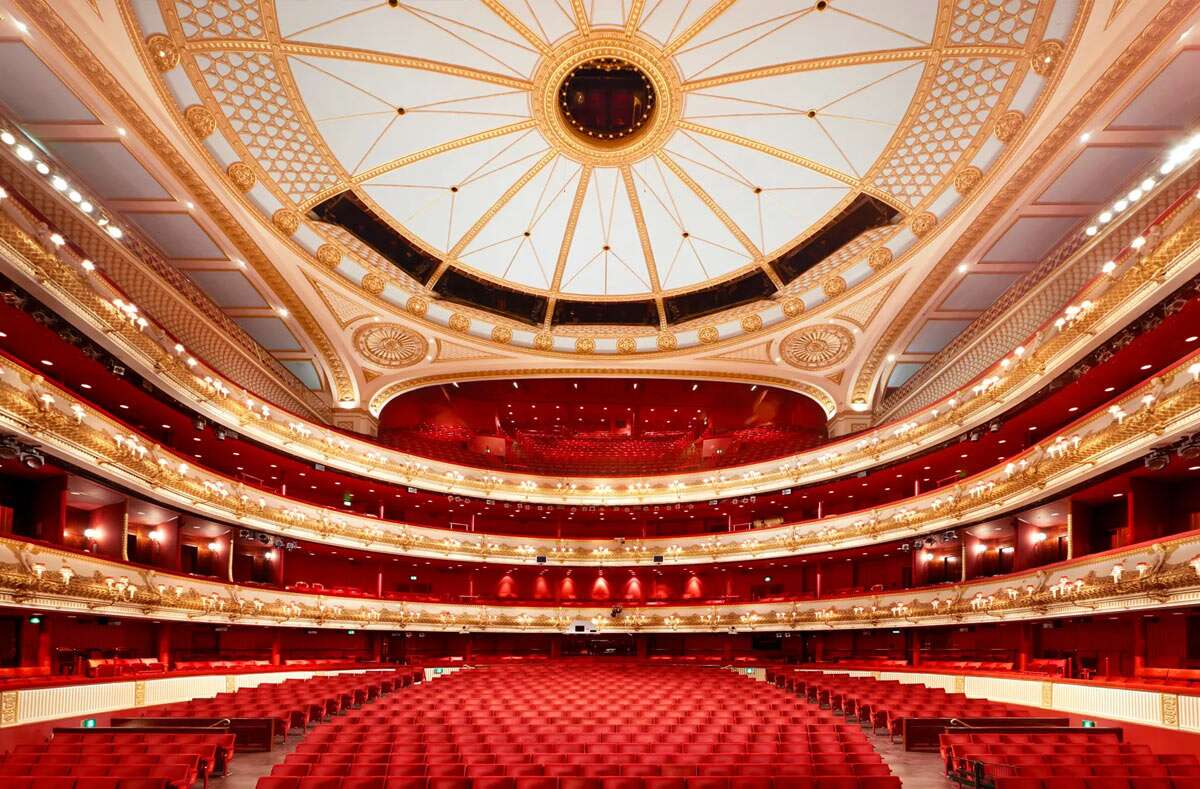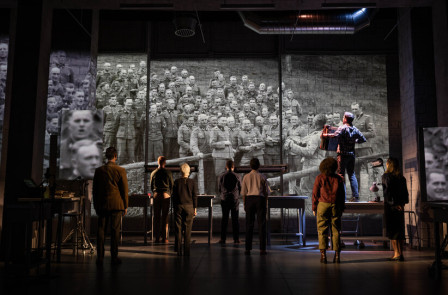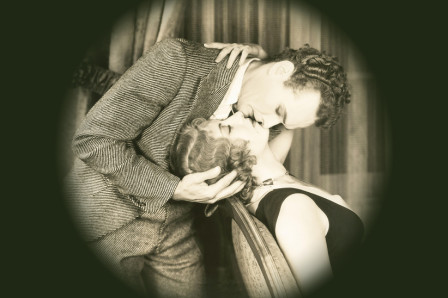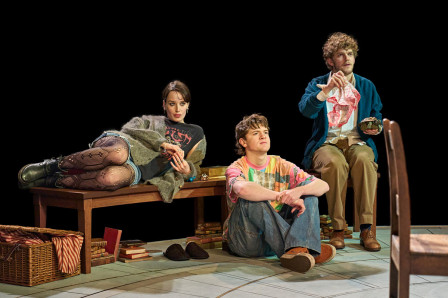Top 10 Tips for Booking Your Theatre Tickets
 Shehrazade Zafar-Arif
1 August, 2025, 15:00
Shehrazade Zafar-Arif
1 August, 2025, 15:00
Going to the theatre is the perfect opportunity to sit back, relax, and lose yourself in a new world - a great way to unwind after a tough week at work, and the ultimate self-care activity. But booking your tickets can be less relaxing, especially with so many factors to consider - picking a day, choosing a seat, trying to find low-cost tickets. Check out our checklist of things to keep in mind when you’re booking your tickets, and hopefully it’ll make the experience a lot smoother for you.

1. Book your tickets in advance
It’s just like booking a flight - the earlier you book, the more likely you are to get your preferred date and time at a reasonable cost. This goes double for in-demand shows and shows which have a limited run. If you can, try to book your tickets at least a month in advance, or for a new show, nab them as soon as tickets go on sale. But even if you can’t…
2. Last-minute tickets can sometimes be cheaper
Some theatres offer cheap last-minute tickets or rush sales on their websites, such as Shakespeare’s Globe’s Friday £5 Rush or Magical Mondays for Disney musicals. But as you’d expect, these sell out very fast, so you’ll need to be quick on your feet to grab them. You can also try showing up at the box office on the day of a performance, as there’s sometimes a small chance that tickets will be available due to last-minute cancellations.
3. Off-peak is always better
Just as it’s cheaper to travel on the Tube during off-peak times, it’s always cheaper and easier to find theatre tickets on days and times that are less in-demand. If you can, aim for weekdays and matinee performances, and avoid booking around peak season, such as the week leading up to Christmas.
4. Keep an eye out for deals and special offers
Have a look at the theatre’s website, as well as ticketing agencies and websites, for any special deals or offers that could make your visit more affordable. Group bookings or family tickets, for instance, can sometimes be more cost-effective than purchasing several individual tickets. London Theatre Week takes place twice a year and is the best time for all kinds of great deals for discounted tickets. London Box Office have a fantastic range of special offers on tickets on their website.
5. You may be eligible for a concession
A lot of theatres are keen to have their shows be more accessible to those who otherwise might not have the means to attend them, and offer special discounts for young people, seniors, students, Blue Badge holders, NHS workers, and more. Check out their websites to see if you could qualify for a cheaper ticket.
6. Check out previews instead
Previews are performances of a show before its official opening night. They allow the production team and cast to test-run the show before a live audience and identify areas for refinement, before theatre critics are allowed to review the show. Preview tickets are therefore cheaper, and any changes made before opening night are usually minute - which means you get to experience the same show for a lower price. Most theatre websites announce when preview tickets go on sale, so keep an eye out and grab them when they’re released.
7. Check out your theatre’s seating plan
Choosing the right seat for a show can be nerve-wracking. But while some things may be outside your control (like ending up sitting behind someone tall!), you should always check the seating plan of the theatre you’re attending and cross-check your preferred seat against seat reviews on websites like WhichSeats.com. This will give you an idea of visibility and comfort levels - some reviews even helpfully include pictures of their view of the stage from a seat.
8. The cheapest seats tend to have a restricted view
Our handy seating guide gives you an overview of the different types of seats on offer in most theatres. The cheapest seats often come with some kind of downside - distance from the stage, cramped legroom, standing instead of sitting, or an obstruction like a pillar or overhang which may mean your view of the seat is slightly restricted. But, depending on the theatre, this may not be as alarming as it sounds, and you may just end up needing to lean forward slightly for a decent view - which is why it’s so important to check out seat reviews. Standing seats can also be fun, if you have the stamina, as they sometimes mean you’re even closer to the stage.
9. Don’t sleep on fringe theatre
Don’t write off shows because they’re off-West End. The only difference between the two is that West End venues are large, commercial theatres that usually host blockbuster, popular shows, while off-West End venues are smaller and independent, and tend to showcase up-and-coming, experimental theatre - which is almost always cheaper. Both kinds are equally amazing, and if you don’t have your heart set on watching a ‘big name’ show, you may find something unique and wonderful at a cheaper price off-West End, and it’s also a great way to support independent venues and rising star artists.
10. Read reviews
If you’re struggling to decide whether or not to see a show, the best thing to do is see what others are saying about it: whether it’s a theatre critic or someone posting their thoughts on social media, it’ll give you an idea of what to expect. Every review is subjective, but the reviewer may highlight things about the show that either pique your interest or make you shudder.
With all that out of the way, you can go ahead and enjoy your big night! Whilst you're here, why not check out our guide on the do's and don'ts of theatre etiquette.
Latest News

 HERE THERE ARE BLUEBERRIES at Stratford East - First look images released
5 February 2026 at 15:35
HERE THERE ARE BLUEBERRIES at Stratford East - First look images released
5 February 2026 at 15:35

 UK premiere of STAGE KISS heading to London
5 February 2026 at 15:16
UK premiere of STAGE KISS heading to London
5 February 2026 at 15:16

 Review: ARCADIA at Old Vic
5 February 2026 at 11:33
Review: ARCADIA at Old Vic
5 February 2026 at 11:33

 Alex Kingston and Richard Schiff star in Michael Frayn's COPENHAGEN
5 February 2026 at 10:45
Alex Kingston and Richard Schiff star in Michael Frayn's COPENHAGEN
5 February 2026 at 10:45